Women, Food, and Forgiveness Part 4: What Happens When We Forgive?
By Marcella Friel //
Editor’s Note: This post is the fourth in a five-part series on Women, Food, and Forgiveness by mindful eating coach Marcella Friel. Her 5-day retreat, Women, Food, and Forgiveness, opens April 19, 2017. Click here to learn more and register.
“She thought she would die of shame. Instead, it was the shame that died.”
~D. H. Lawrence, Lady Chatterly’s Lover
I just hung up the phone from a powerfully transformative coaching session with my client Cindy, a vibrant, super-smart woman who’s felt betrayed by her body her entire life.
As a girl, Cindy loved to dance, play softball, and float paper boats in rain puddles.
Gradually, her whole being shut down, and Cindy has since suffered mysterious illnesses, random accidents, and 50 pounds of excess weight.
Cindy wants more than anything to recapture her youthful vitality, cultivate genuine self-love, and embrace her body wholeheartedly.
At age 7, for reasons not clear to her, Cindy’s father sent her to her room without supper. Cindy lay in the dark, crying and hungry, wishing only that Dad would come soothe her.
Dad never came.
As she described it, “Eventually my mother comes, but I’m past caring. It’s not the same. No supper. Just darkness and tears. What could a 7-year-old possibly do to warrant such a punishment?”
In the midst of processing that trauma with Cindy, a lightning bolt of intuition shot through me:
“Cindy, is it possible that you’ve been punishing your body the same way your parents punished you?
“‘You’re bad.’ ‘Go to your room.’ ‘Go away.’
“Do you think…?”
She gasped. Then silence.
“I. Am. Blown. Away,” she said softly.
I guided Cindy through a meditation where she could bring her body out of that dark bedroom, turn on the light, and say, “I love you. I’m here for you. I want to hear what you’ve been trying to tell me.”
Who Do We Forgive, Really?
Those of us who struggle with food may have people and circumstances in our lives that have indeed harmed us.
But no matter how deep those wounds run, our first, last, and most abiding forgiveness is to ourselves.
Freeing ourselves from our compulsive behaviors is not about white-knuckling our way through punitive abstinence, eating lettuce when we really want to face-plant in an ice cream sundae.
It’s about releasing everything we have made those behaviors mean about us.
It’s not about going on the next Grapefruit Diet. It’s about letting go of being someone who needs to diet to begin with.
Finding Our Way Back to Sanity
As women, we have endured and internalized the neuroses of our ancestors and the degradation of our culture.
We felt our mother’s projected shame when she put us on a diet at age 8 or told us how unladylike we were at the meal table.
We absorbed Grandpa’s misogyny in every salacious remark he made about girls’ bodies, including our own.
We cringed at the violence of skinny-girl images paraded before us, knowing that our big-boned frame could never shrink down to that impossible size.
And we reveled in the desperate pleasure of chips, cookies, chocolate, ice cream—our best and only friends when all else failed.
Having few or no reference points outside that insanity, we drove the madness inward and made it about us.
We confused our food struggle with our value as human beings. From that confusion we forged a fragmented identity of ourselves as unworthy, flawed, and condemned.
Forgiveness, then, begins with detaching ourselves from our own insanity and the madness of those around us.
With the right guidance and support, we realize that Mother’s shaming was more about her insecurity than the size of our bodies.
We get it that Grandpa would have made those rude remarks about any young woman, and it had nothing to do with us.
We recognize that our true beauty emanates naturally from the goodness of our being and has nothing to do with our dress size.
Once Cindy saw how she had internalized her parents’ brutal perfectionism, she could drop it like a hot rock and embrace the self-love that had been patiently waiting for her.
The Fruits of Self-Forgiveness
Forgiveness entails saying these truths to ourselves and having them said to us, over and over, until they take root in our cell tissue:
“Your struggles with food are not your fault. They have been your best way of loving yourself in difficult circumstances.”
“None of it was ever about you.”
“There is nothing bad or wrong with you or about you.”
“You are an amazing, beautiful woman exactly as you are.”
These truths are the stepping-stones by which the broken fragments of our soul come tiptoeing home to stay.
We begin re-collecting ourselves, re-membering ourselves, and in so doing realize, deep in our being, that nothing was out of place.
All of it needed to happen exactly this way to bring us exactly here.
Where the food addiction was once our worst enemy, we see it now as the path of discovering the goodness within us that was never tarnished to begin with.
The joy of such realization is indestructible.
Next month I’ll write about forgiveness as a way of life. Stay tuned, and please post a comment if you feel so moved.
Shambhala Mountain Center hosts Women, Food, & Forgiveness: The Heroine’s Journey with Marcella Friel, April 19–23, 2017 — click here to learn more
More posts from Marcella Friel:
- Women, Food, and Forgiveness Part 1: What is Forgiveness?
- Women, Food, and Forgiveness Part 2: Why Is It So Hard to Forgive?
- Women, Food and Forgiveness Part 3: How Do We Forgive?
- Stop Cleaning Your Plate: 5 Steps to More Mindful Eating
About the Author



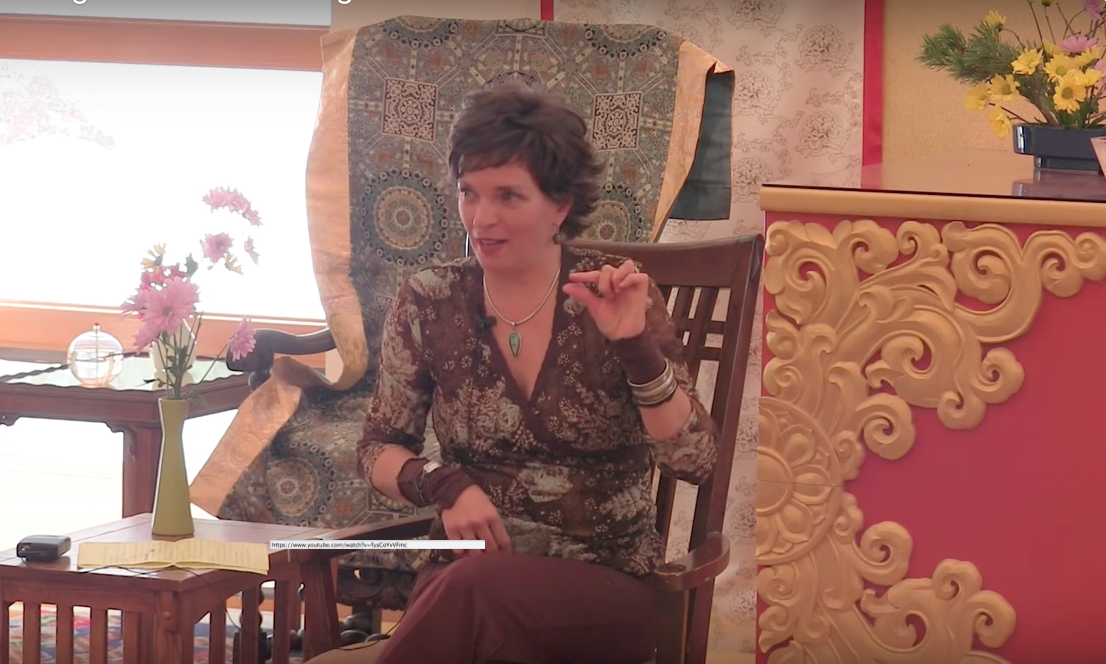
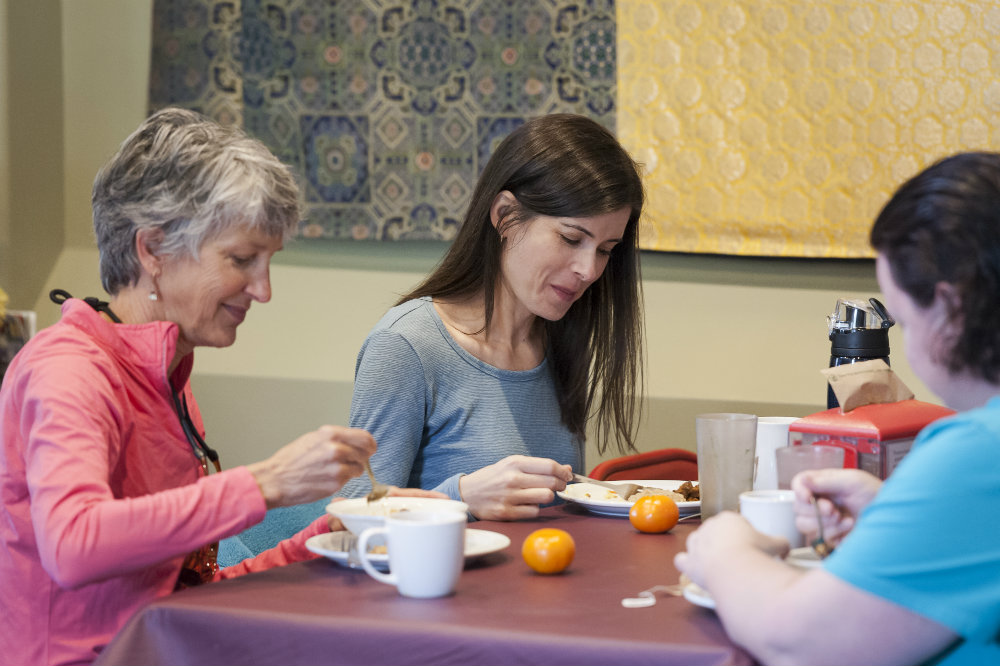

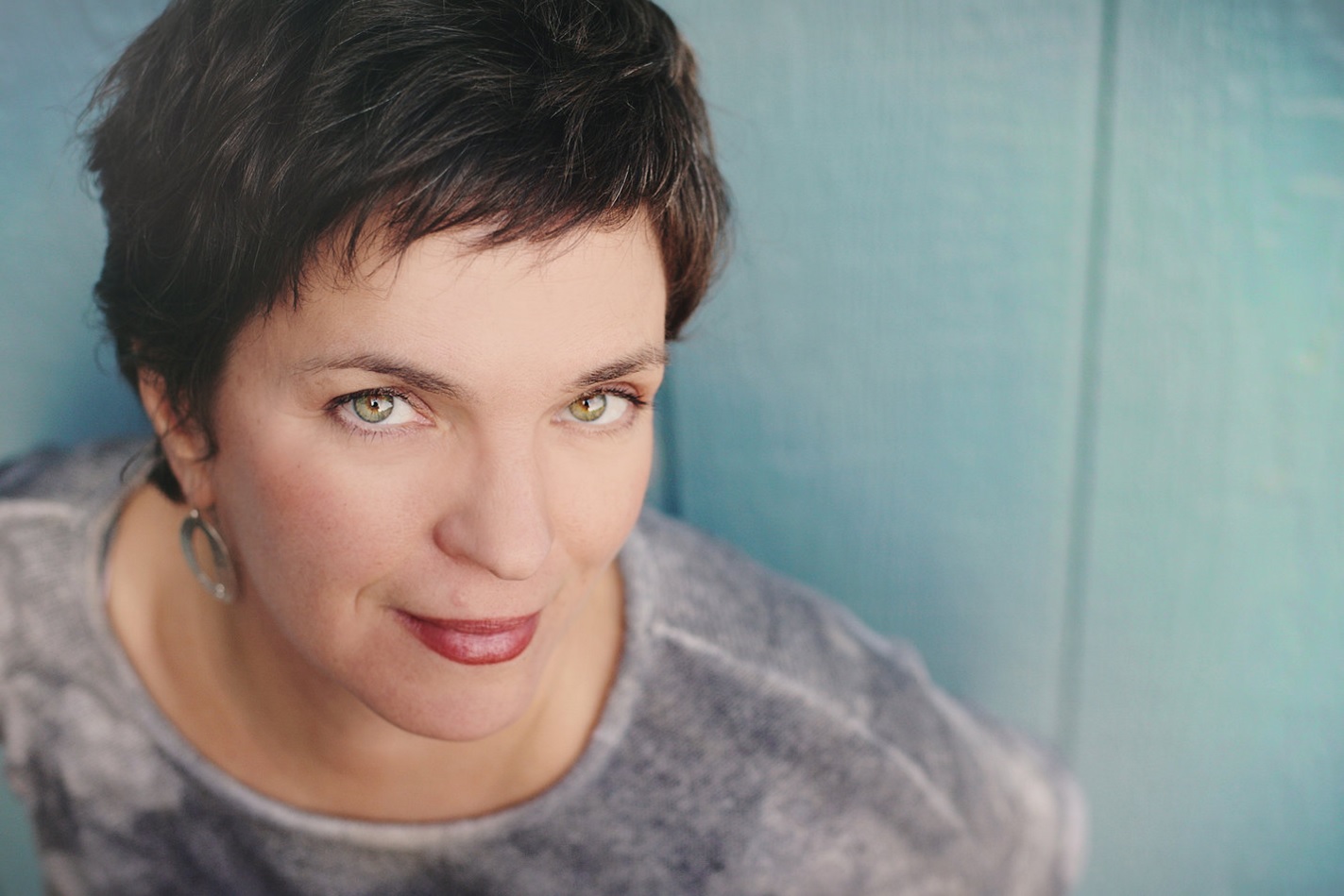
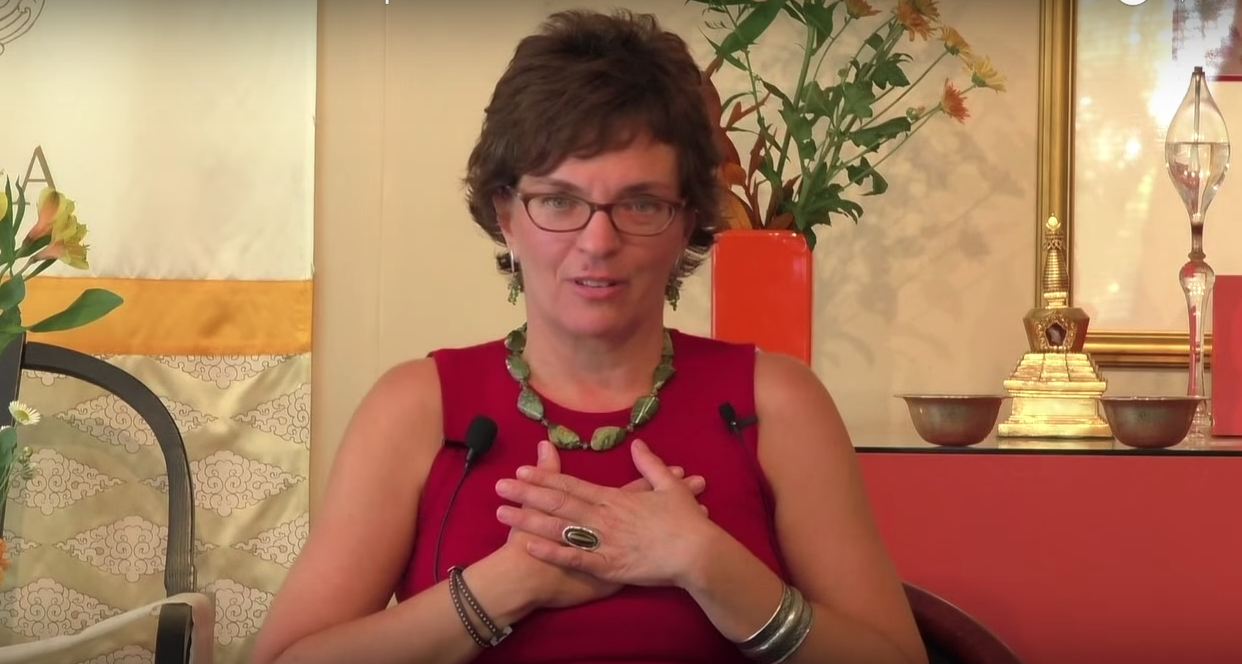
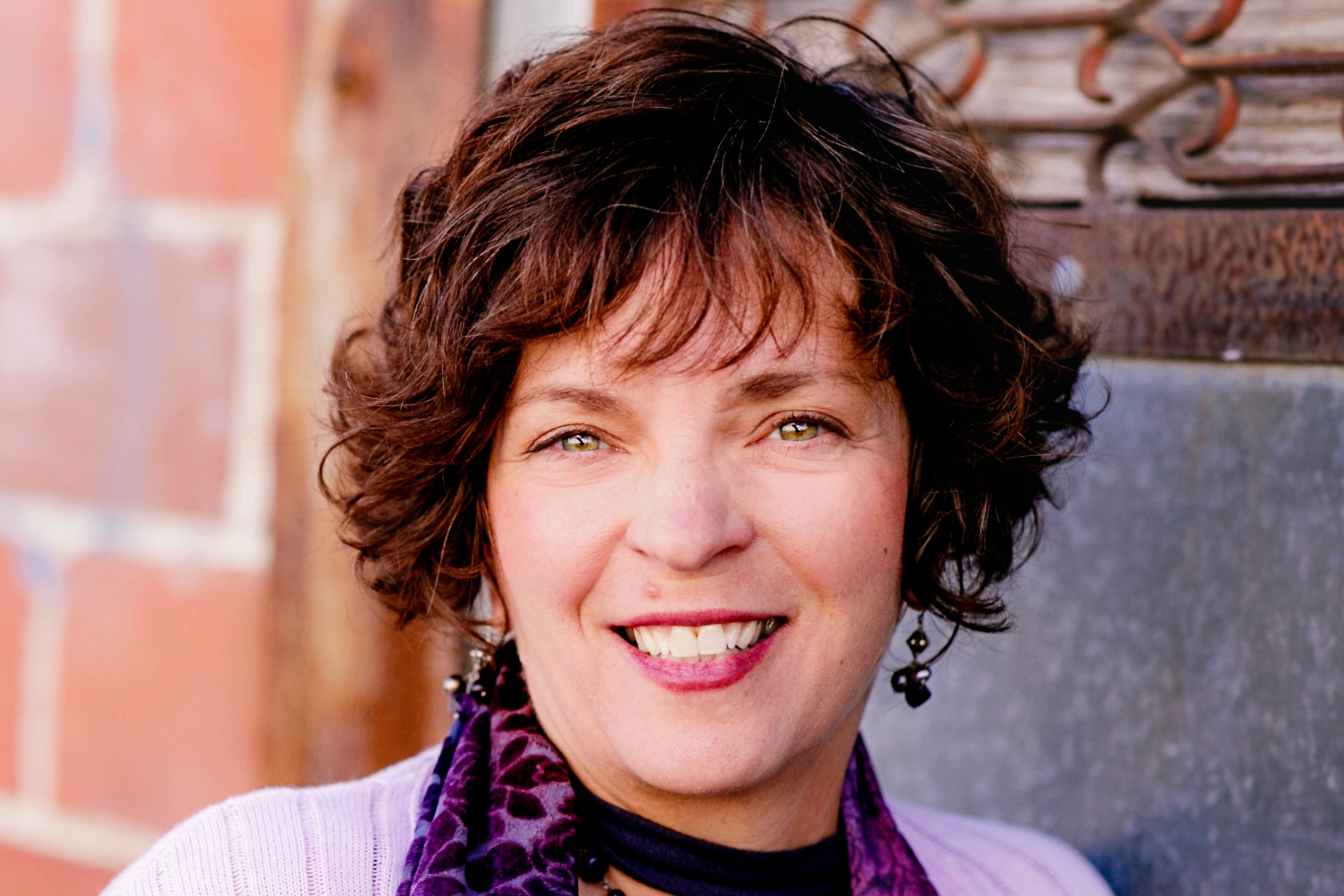
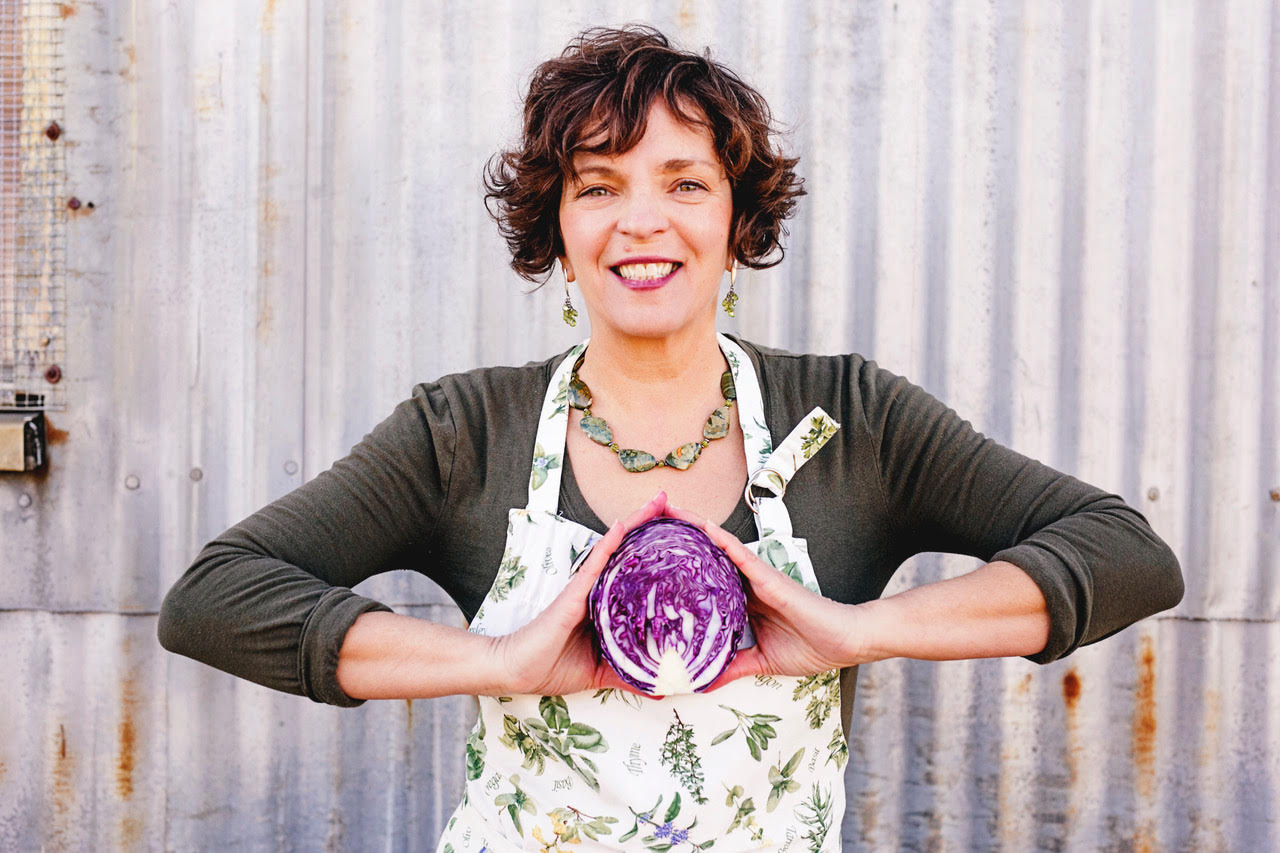
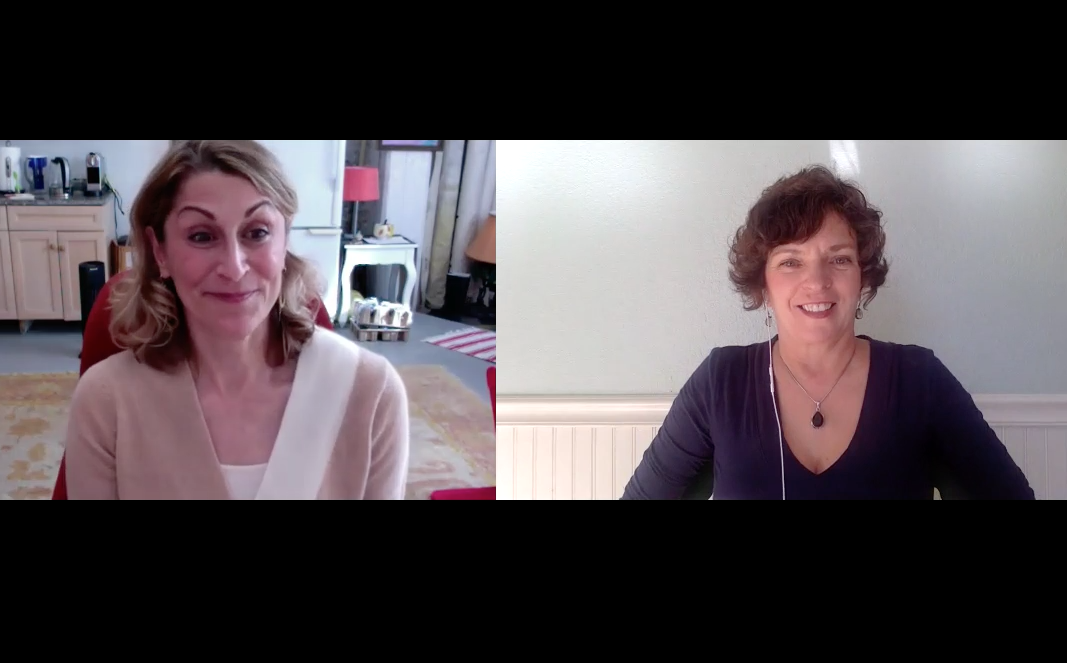
Leave a Reply
Want to join the discussion?Feel free to contribute!